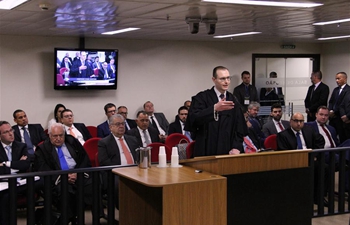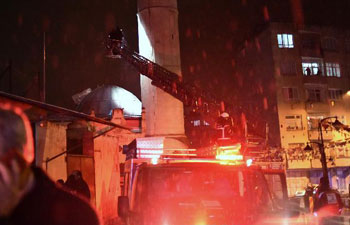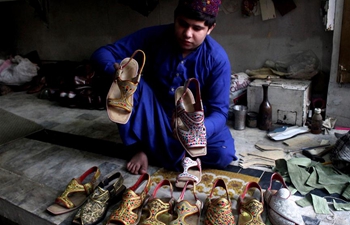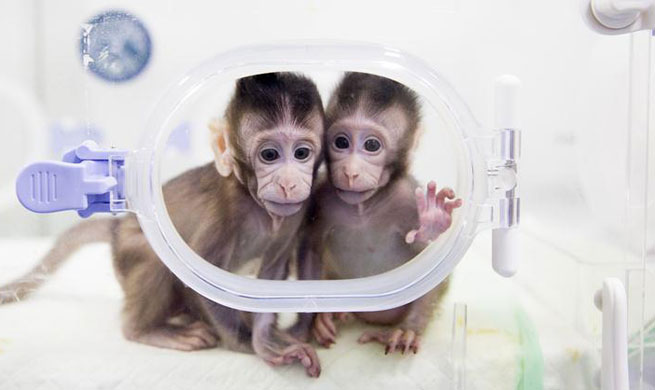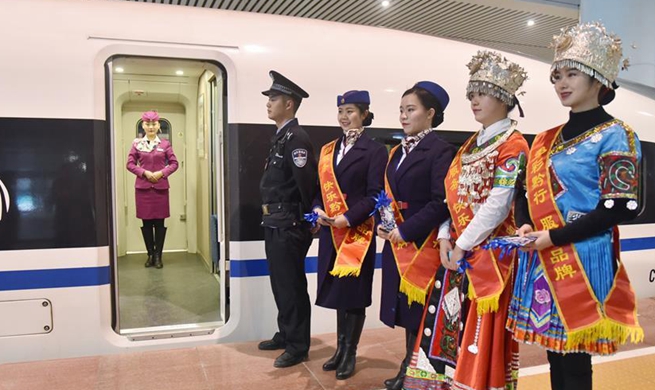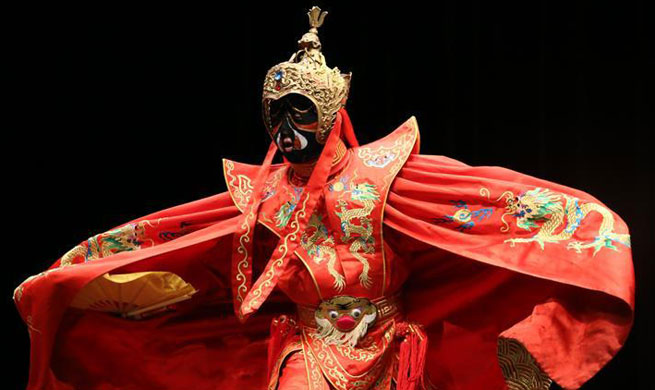VANCOUVER, Jan. 24 (Xinhua) -- Canadian-American filmmaker Paul Johnson on Wednesday promoted his new film "731," which depicts the horrific details of a chemical and biological terror campaign launched by the Imperial Japanese Army during its occupation of China in World War II.
"There is a terrible war crime that took place in modern history," he said. "Most of us have heard about the European holocaust, the Nazi holocaust, Auschwitz and the death camps. While in East Asia, we had a similar thing, but for some reason, the world has forgotten about it."
Led by Doctor Shiro Ishii, the Japanese military unit 731 conducted a series of vile biological and chemical experiments on the innocent residents in northeastern China, including infecting them with diseases, poisons and performing dissections.
Among the unit's experiments was the unthinkable dropping of small bombs filled with plague-infected fleas on innocent villagers. Even today, some residents in the area still suffer from a sort of rotten leg syndrome, which might be linked to the intentional contamination.
Records show that roughly 10,000 people in China and the Democratic People's Republic of Korea died as a result of unit 731's crimes, but the number of the victims is probably much higher, Johnson said in his film.
Unlike what happened to German war criminals, those responsible for unit 731 went unpunished, about which Johnson said other similar crimes against humanity will continue to take place if we fail to acknowledge the crimes of the past and demand accountability.
In the past 10 years, almost all Japanese TV stations have presented Japan as a typical "victim," while top Japanese TV broadcaster NHK has recently for the first time aired a documentary exposing the 731 unit's brutal atrocities in modern human history.
"We appreciate their courage to reveal the historical truth, and hope the Japanese side could listen to the just appeal of home and abroad, profoundly retrospect its aggression history, and respect the feelings of the victims," said Hua Chunying, spokesperson of the Chinese Foreign Ministry.
"It starts with first acknowledging it, shedding light on it, telling the story and where possible, apologizing for it," Johnson said.
"Unit 731 is one of the most covered up, least known and worst crimes against humanity in modern history ... We need to know who did it and why, and we need to acknowledge if we have any hope of preventing it from happening again," the filmmaker said.




